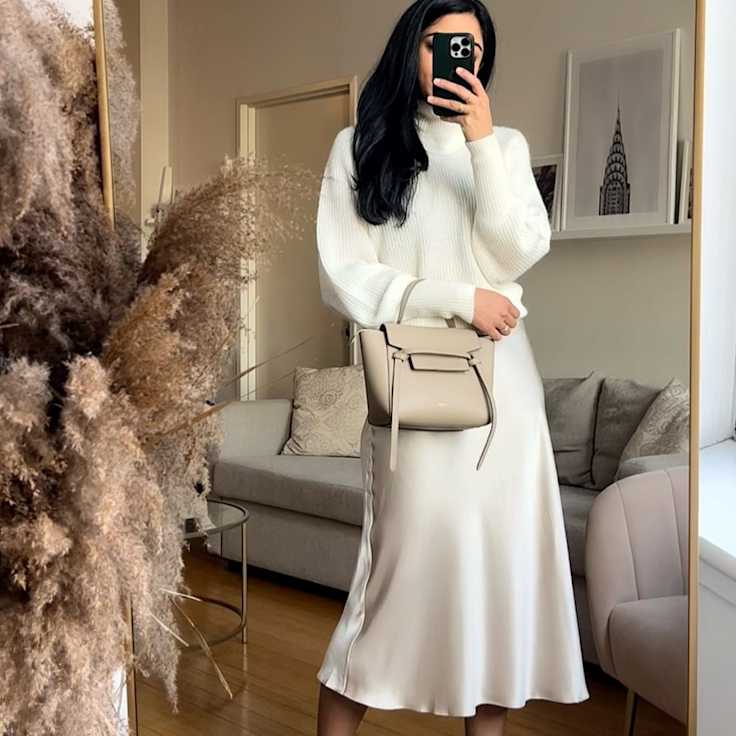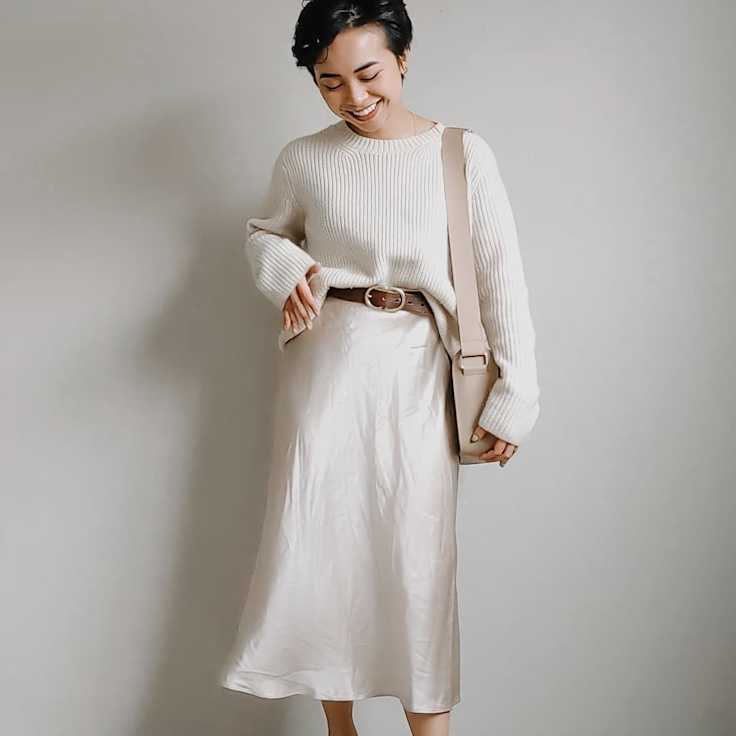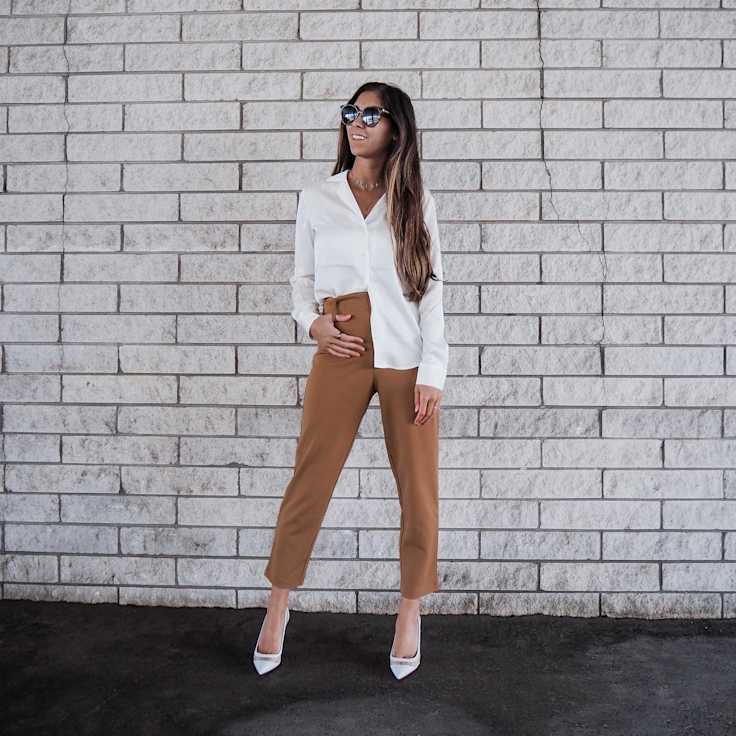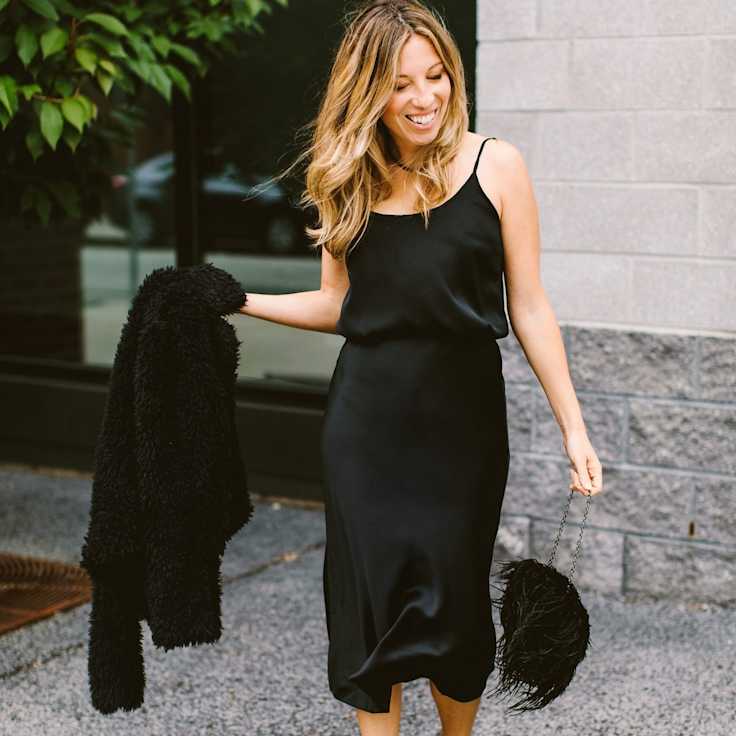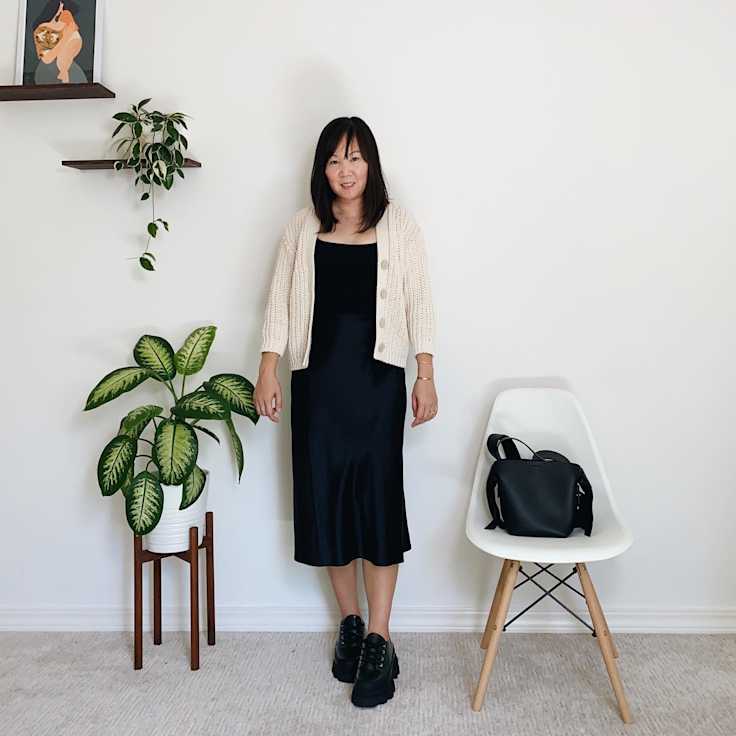Mulberry Silk Beauty Sleep Mask
Don't miss any more beauty sleep. Wearing an eye mask promotes deeper sleep to maximize your zzzs. Plus, silk fiber contains 18 kinds of amino acids that make it amazing for skin nourishment, hypo-allergenic, and naturally thermoregulating to help maintain body temperature. Pair it with our mulberry silk beauty sleep pillowcase for the ultimate sleep routine.
Read Less- Crafted from luxurious 100% 22 mm mulberry silk; interior padding is polyester.
- Blocks out light for uninterrupted sleep
- Reduces appearance of fatigue and dark circles
- Hypo-allergenic
- Machine washable
- Made with care in China
If you wish to maximise the life of your product, hand washing in cold water is the ideal method. For machine washing, wash in cold water on gentle cycle with similar colors. Turn product inside out, and wash in a garment bag. Do not bleach. Do not tumble dry. Line dry. Cool iron on reverse side if needed. Dry clean if needed.
Quince | Blissy | Slip | |
|---|---|---|---|
| Price | $19.90 | $50.00 | $50.00 |
| Savings (%) | Yes | 60% | 60% |
| Free Shipping | Yes | No | No |
| Free Returns | 365 days | 30 days | 30 days |
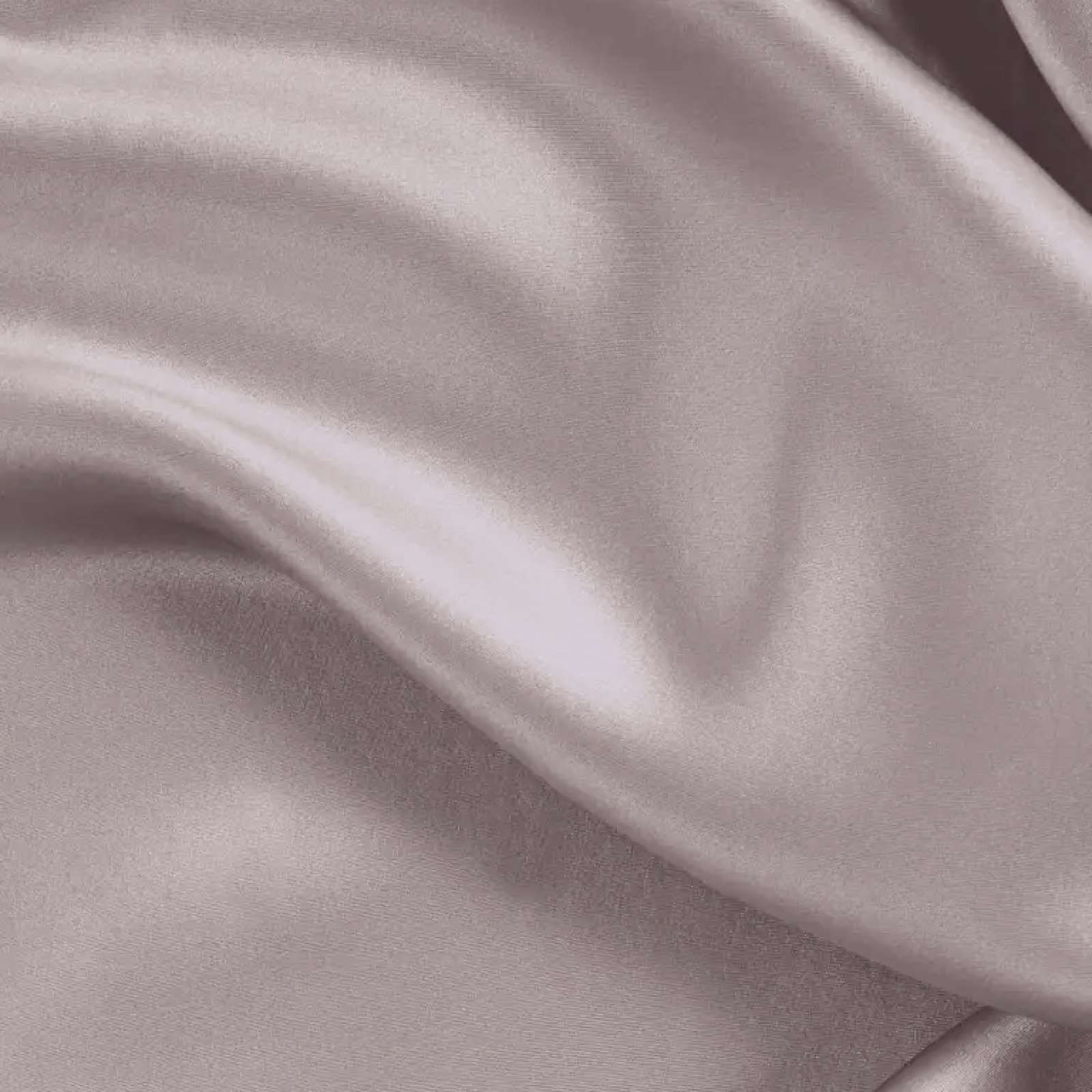

ALL YOUR QUESTIONS, ANSWERED
1. Why should you use a silk pillowcase?
1. Why should you use a silk pillowcase?
Your pillowcase is probably not the first thing that comes to mind when looking for ways to improve your health. Silk has properties that can help improve health in many ways and choosing a silk pillowcase helps you reap some of those benefits. Those benefits include improvement in sleep quality, hair health, and skin health. Read on to see how silk helps in these different areas.
2. How do silk pillowcases improve sleep?
2. How do silk pillowcases improve sleep?
The big question when it comes to silk pillowcases — or any kind of pillowcase — is whether they’re good for sleeping on or not. The short answer is that yes, they are, but you’ll probably want to know a few more details.
One of the biggest obstacles to getting a good night’s rest is discomfort, whether it be bunched sheets or uncomfortable temperatures. Silk helps circumvent both of these issues with its unique structure and makeup. If you’ve ever used a cotton pillowcase, you’ve probably woken up to scrunched-up fabric and crease lines on your face before. Silk remains extremely smooth and even no matter how much you move about in your sleep, guaranteeing that you spend a whole night resting on a comfortable surface.
Silk is also an excellent temperature regulator, meaning that it stays cool when the air temperature is too high and traps heat when it’s too low. Getting the exact right pillow temperature is no small task, but silk can help you do it.
3. How do silk pillowcases impact hair health?
3. How do silk pillowcases impact hair health?
Your hair’s first point of contact during the night is your pillowcase, and silk ensures any contact that does occur is beneficial to your hair. Silk can reduce hair loss and breakage, and can even help maintain frizzy or curly hair. We dive in deeper into the benefits of silk for hair below.
4. Are there any connections between silk and hair growth?
4. Are there any connections between silk and hair growth?
While silk itself does not cause hair to grow, it may help you avoid materials that are contributing to hair loss. The bunching and scrunching that other materials like cotton experience can rough up your hair, causing it to get caught and potentially damaged. Silk’s smooth texture allows your hair to flow freely across it and avoid getting twisted or tangled in ways that encourage hair loss. This is why we recommend using silk scrunchies over other alternatives.
5. How does silk help with hair damage?
5. How does silk help with hair damage?
Cotton pillowcases draw out some of the hair’s moisture and natural oils, dehydrating your hair as you sleep and stifling repair. Silk does the opposite, keeping all of that good stuff in your hair and allowing it to spend all night growing stronger and healthier.
6. Does silk help get rid of frizzy hair?
6. Does silk help get rid of frizzy hair?
The friction caused by cotton pillowcases can cause flyaways for people with all types of hair, but those with naturally frizzy hair know just how bad it can get. Frizzy hair flows smoothly across silk pillowcases, avoiding agitation and maintaining the same general appearance it had when you first laid down.
7. How does silk help curly hair?
7. How does silk help curly hair?
The same is true for curly hair as well — cotton pillowcases can smash, flatten, or outright break curls, leaving a mess for those with naturally curly hair when they wake up in the morning. Silk gets around this by not putting any obstacles between your hair and the pillow, instead letting it move across the pillowcase without changing its shape or structure.
8. Is it hard to care for silk pillowcases?
8. Is it hard to care for silk pillowcases?
For all of the benefits of silk pillowcases, caring for them can be a little tricky. We dive deeper below in how to wash and dry your silk pillowcase.
9. How do you wash silk pillowcases?
9. How do you wash silk pillowcases?
Silk pillowcases can be washed either by hand or in the washing machine, provided you treat it gently enough. If you’re using a machine, avoid hot water and wash it on a “delicates” setting if possible. Do not use any bleach-based products, as bleach can be highly damaging to silk.
Unless marked otherwise, assume that silk products cannot be tumble dried. Instead, leave them out to dry in an area without a lot of direct sunlight — too much of the stuff can weaken your silk.
10. How often should you wash silk pillowcases?
10. How often should you wash silk pillowcases?
Silk pillowcases should be washed about as often as any other bedding you may have, or whenever a stain appears. If anything, silk pillowcases can be washed slightly less frequently than others as silk is both hypoallergenic and highly resistant to the accumulation of unwanted materials like dirt or dust mites.
11. Should I wash my silk pillowcase before I use it?
11. Should I wash my silk pillowcase before I use it?
Strictly speaking, there’s no need to wash your silk pillowcase before use. Every wash brings with it a slight risk of damaging the silk, so skipping the initial wash can help stretch out the lifespan of your pillowcase just a bit longer. Because silk as a material is so unlikely to pick up unwanted guests, it’s highly unlikely that your brand new pillowcase will require washing straight from the get-go.
12. How long does a silk pillowcase last?
12. How long does a silk pillowcase last?
Your pillowcase’s lifespan may vary greatly depending on its quality, how often you use it, and how delicately you wash it. Because silk is such a delicate fiber, you could generally expect a silk pillowcase that is well taken care of to last between 1 and 2 years. If not cared for properly, you might start to notice damage to the product or a deterioration of its texture even sooner.
13. How can you tell if a pillowcase is real silk?
13. How can you tell if a pillowcase is real silk?
Silk pillowcases should say directly on the label if they’re genuine mulberry silk or artificial “art” silk, but there’s also a famous test you can rely on if you want to know for yourself known as the “wedding ring” test. If the material from your silk pillowcase can be smoothly and quickly pulled through a ring, it’s genuine. Artificial silk will scrunch up and often get caught in the ring.
14. What should I look for when buying a silk pillowcase?
14. What should I look for when buying a silk pillowcase?
First and foremost: look for silk pillowcases that are made of real, 100% mulberry silk. Only mulberry silk will have all of the properties listed above, making it an absolute must for those interested in silk pillowcases. If you’re worried about taking care of your silk pillowcase, look for pillowcases marked as “washable” — these can be put in the washer and tumbled dried without the risk of incurring any damage.
15. Do silk pillowcases really make a difference?
15. Do silk pillowcases really make a difference?
Whether it’s skin, hair, or sleep health on the line, silk is miles ahead of other common pillowcase materials such as cotton. Even factoring in cost, care, and lifespan, the benefits that silk has for the body are too great to ignore.









































